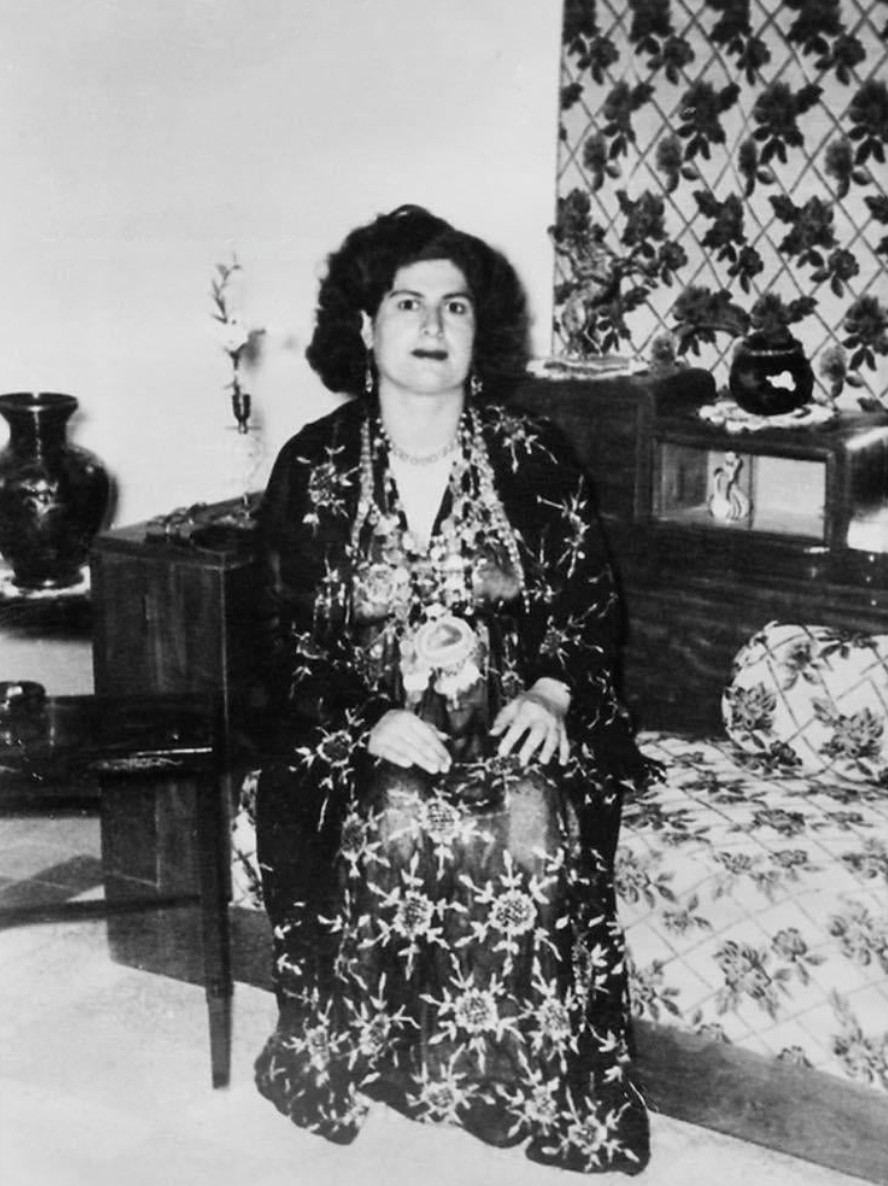In the annals of history, tales of courage and valor have often been woven around extraordinary men and women. Yet there are rare instances where an unexpected hero emerges from the most unlikely of places, and in the case of Wojtek the soldier bear, this hero hailed from the peaks of the rugged mountains of Kurdistan.
Born in 1942 amidst the turmoil of World War II, Wojtek's story transcends borders and speaks to the unbreakable bonds that can form between man and beast. In the early days of the war, when Germany's relentless aggression spread across Europe, hope flickered in the darkness, as Poland found an ally in Britain and a leader in Władysław Anders. Together, they forged the Polish Army's Second Corps, seeking to defy the Nazi onslaught.
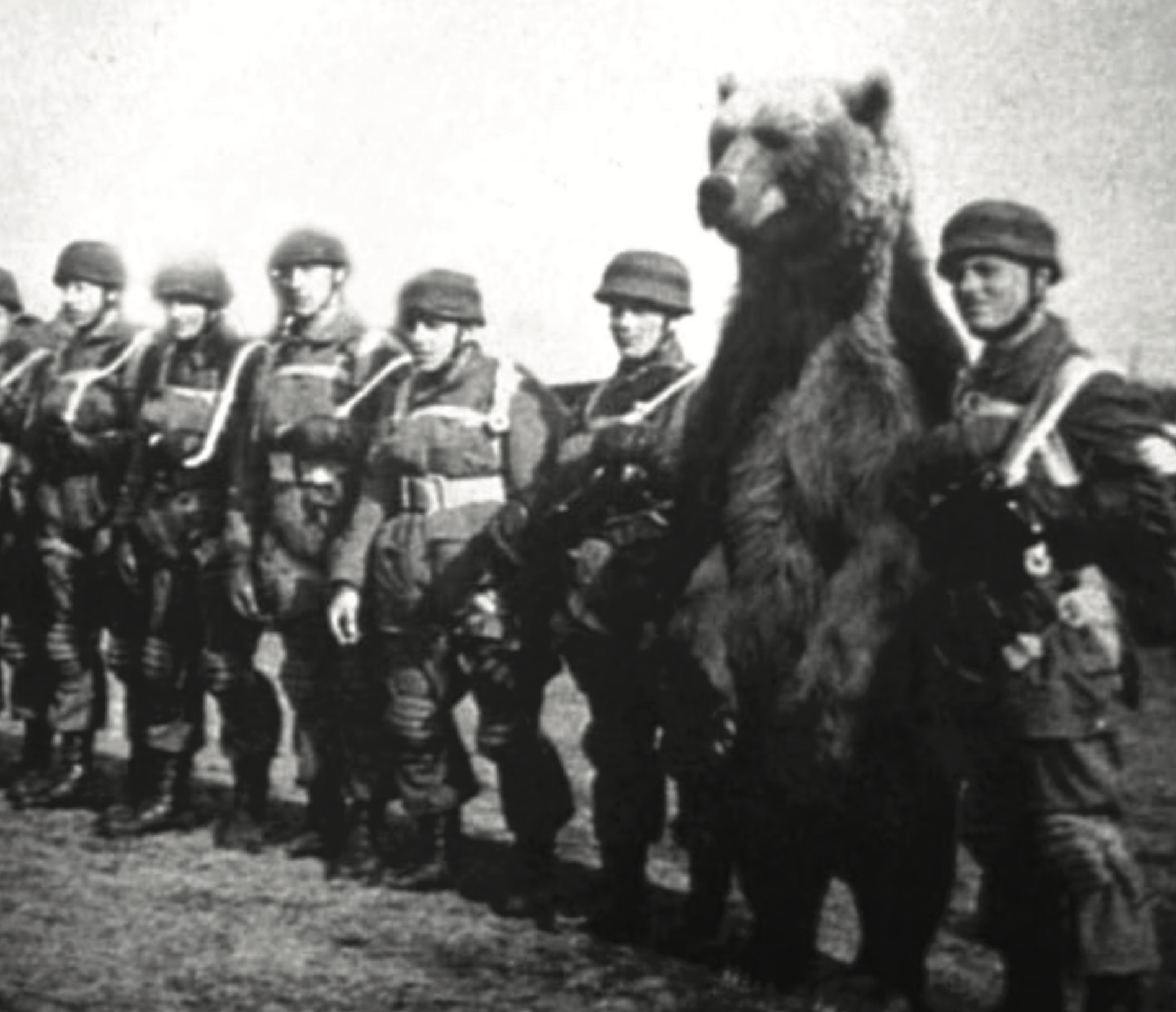
Finding Wojtek
As fate would have it, the path of the Polish Army led them to the Kurdish city of Hamadan in western Iran, which is part of Rojhilat, Kurdish for Eastern Kurdistan. In this remote corner of the world, a touching encounter unfolded between a group of Polish soldiers and a small bear cub. The Kurdish child who offered this gift could hardly have foreseen the profound impact the bear would have on the course of history.
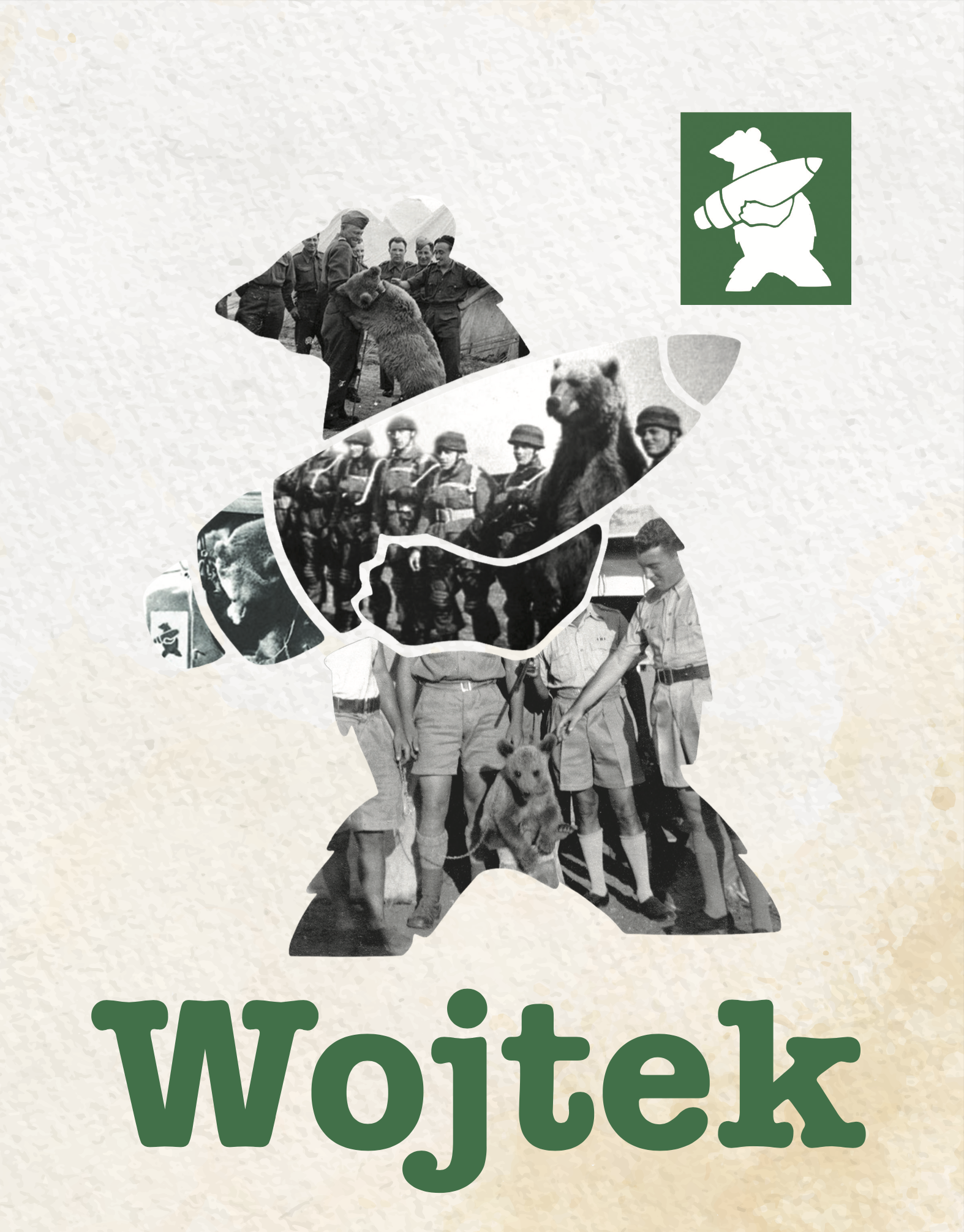
The soldiers embraced the cub with open arms, affectionately naming him “Wojtek,” a Polish moniker for a happy warrior. The camaraderie between Wojtek and his newfound comrades knew no bounds. Nurtured on a diet of milk and honey, he was later introduced to fruit, marmalade, honey, and syrup, often receiving beer as a reward, which soon became his favorite beverage.
Additionally, he developed a surprising affinity for smoking (or consuming) cigarettes and relished sipping coffee in the mornings. With his endearing habits and playful antics, Wojtek's presence amidst the troops became a powerful symbol of unity and hope, bringing moments of respite and joy amidst the chaos of war.
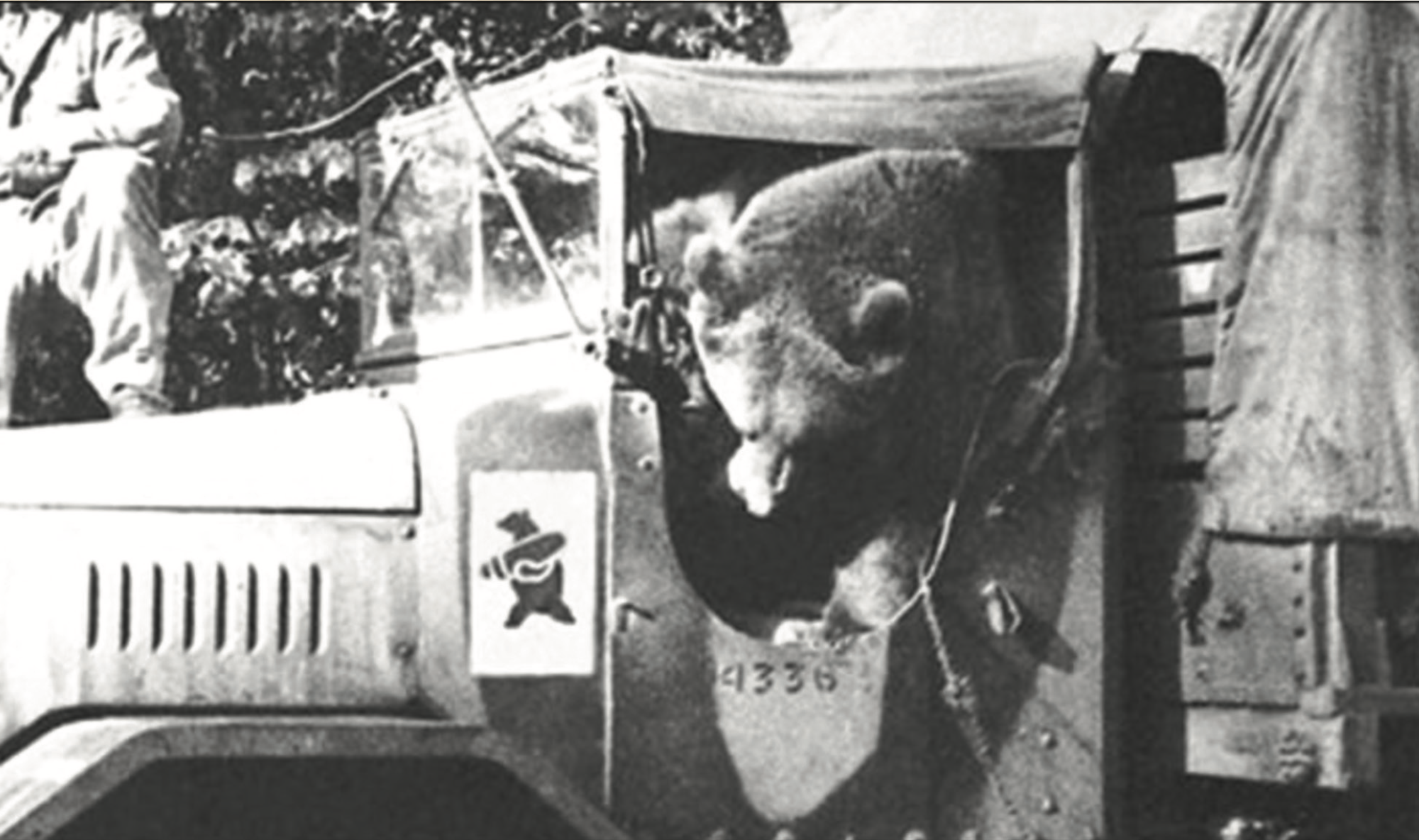
Becoming a soldier
When the decision to move from Egypt to southern Italy was made, Wojtek faced a challenge: military regulations prohibited animals from boarding the ships. Determined not to leave their loyal companion behind, the Polish soldiers made an unprecedented move: they officially enlisted Wojtek as a soldier, granting him the rank of private and later promoting him to corporal. Thus, the legend of Wojtek, the soldier bear, was forever etched into history.
Throughout the war, Wojtek's endearing spirit and intelligence shone through. He endeared himself to all he encountered, imitating soldiers and assisting in moving crates of ammunition during the fierce Battle of Monte Cassino in Italy. His unwavering dedication earned him the admiration of visiting Allied generals and statesmen, turning him into a celebrity on the battlefield.
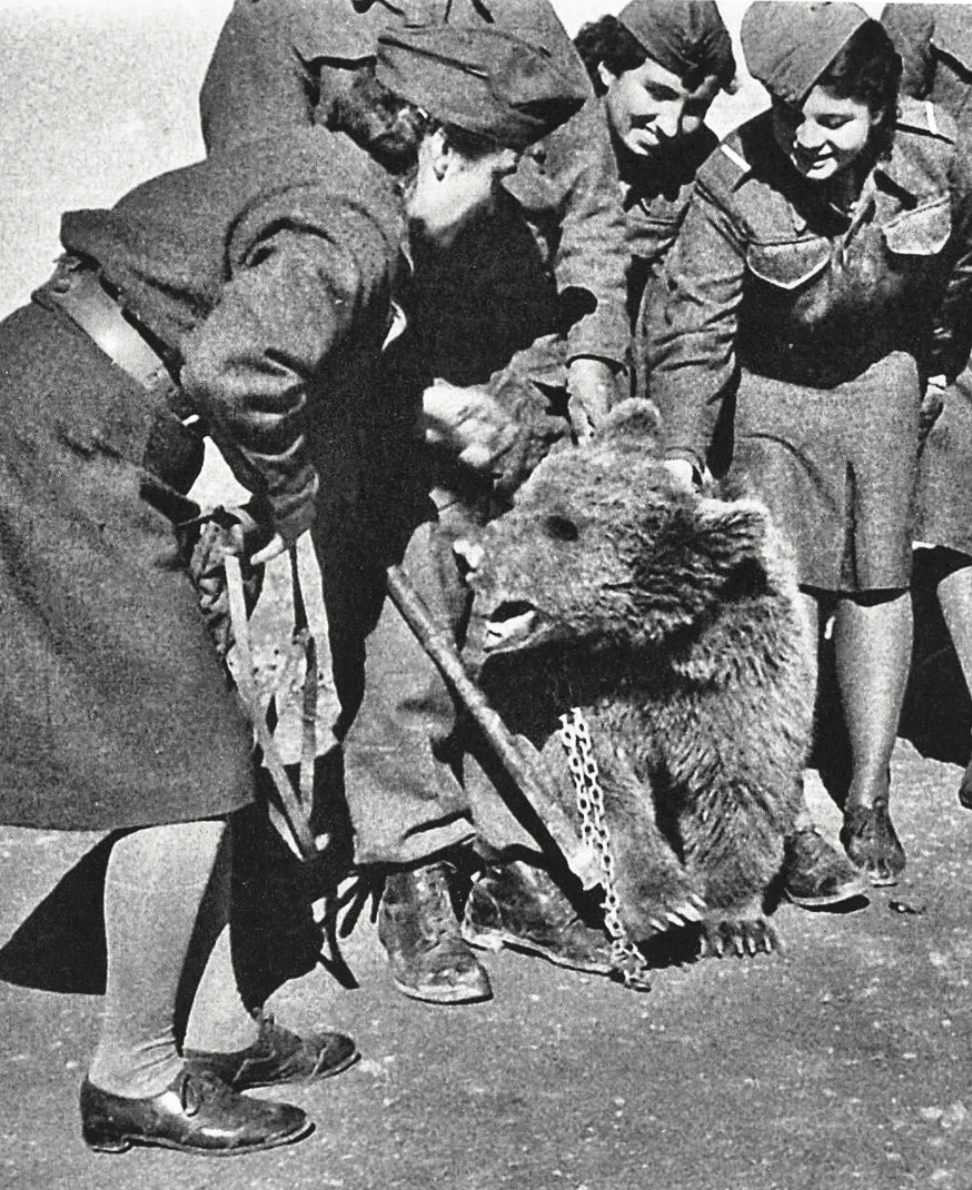
Retirement in Scotland
When the war finally drew to a close, Wojtek's journey took an unexpected turn. He was mustered out of the Polish Army, bidding farewell to his comrades in arms. However, his story did not end there. In a testament to the deep affection he had inspired, Wojtek found a new home at the Edinburgh Zoo in Scotland. Though distant from the battlegrounds of Europe, he remained in the hearts of those who had fought alongside him.
Years passed, and in December 1963, Wojtek departed this world, leaving behind a legacy that surpassed his bear-sized frame. At the age of 21, he had grown to nearly 500 kg and stood over 1.8 meters tall, a living testament to the strength of spirit that defies boundaries.
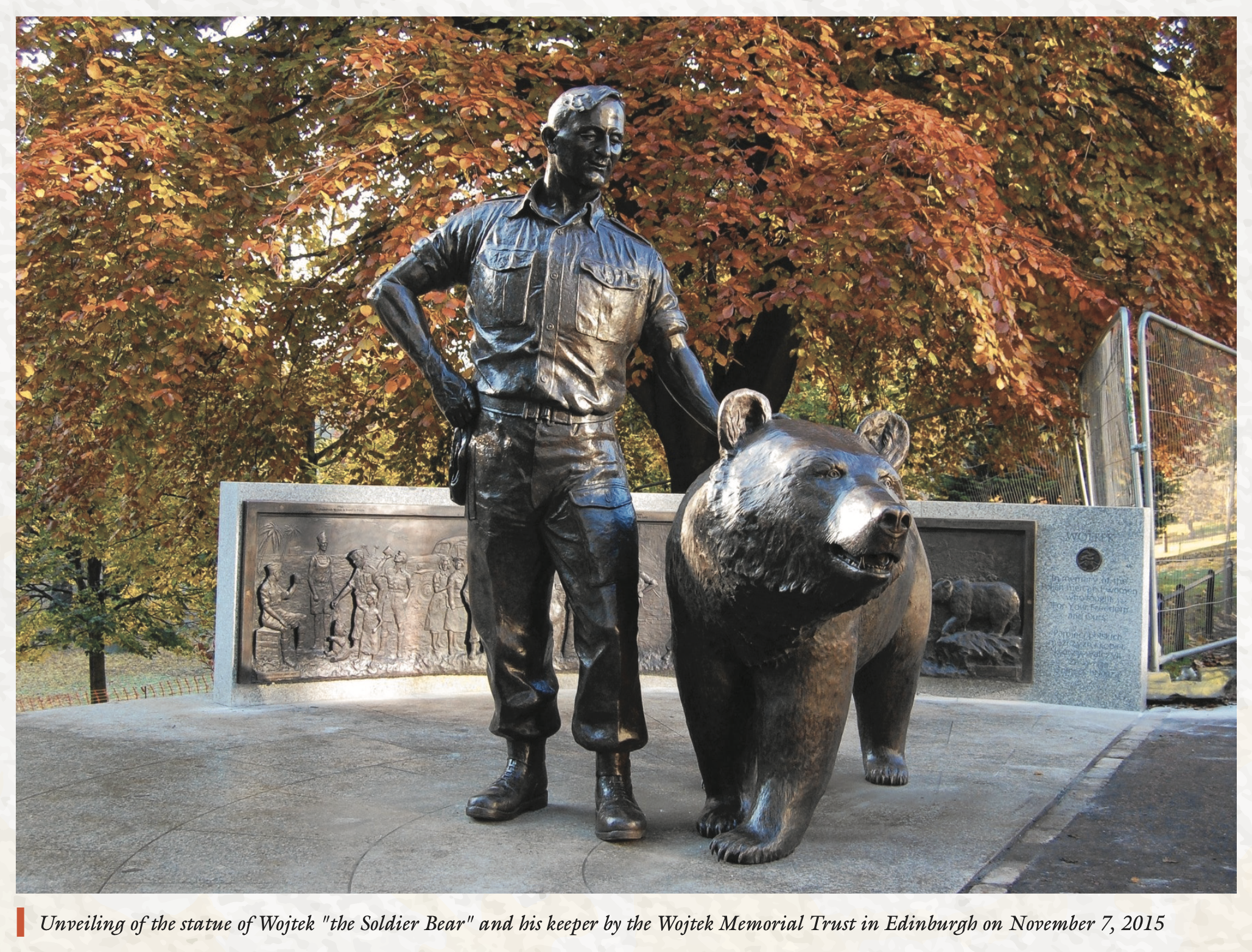
The impact of Wojtek's incredible journey extended far beyond his lifetime. The 22nd Artillery Supply Company of the Polish Army, forever moved by his courage, changed their artillery logo to depict a bear carrying a shell, a poignant tribute to their beloved companion.
In the years that followed, Wojtek's memory continued to be cherished. In Poland, Britain, and Italy, sculptures, statues, and plaques were unveiled in honor of the Kurdish bear's remarkable contribution to history. His story became a symbol of unity, a testament to the bonds that form between individuals, regardless of species or origin.
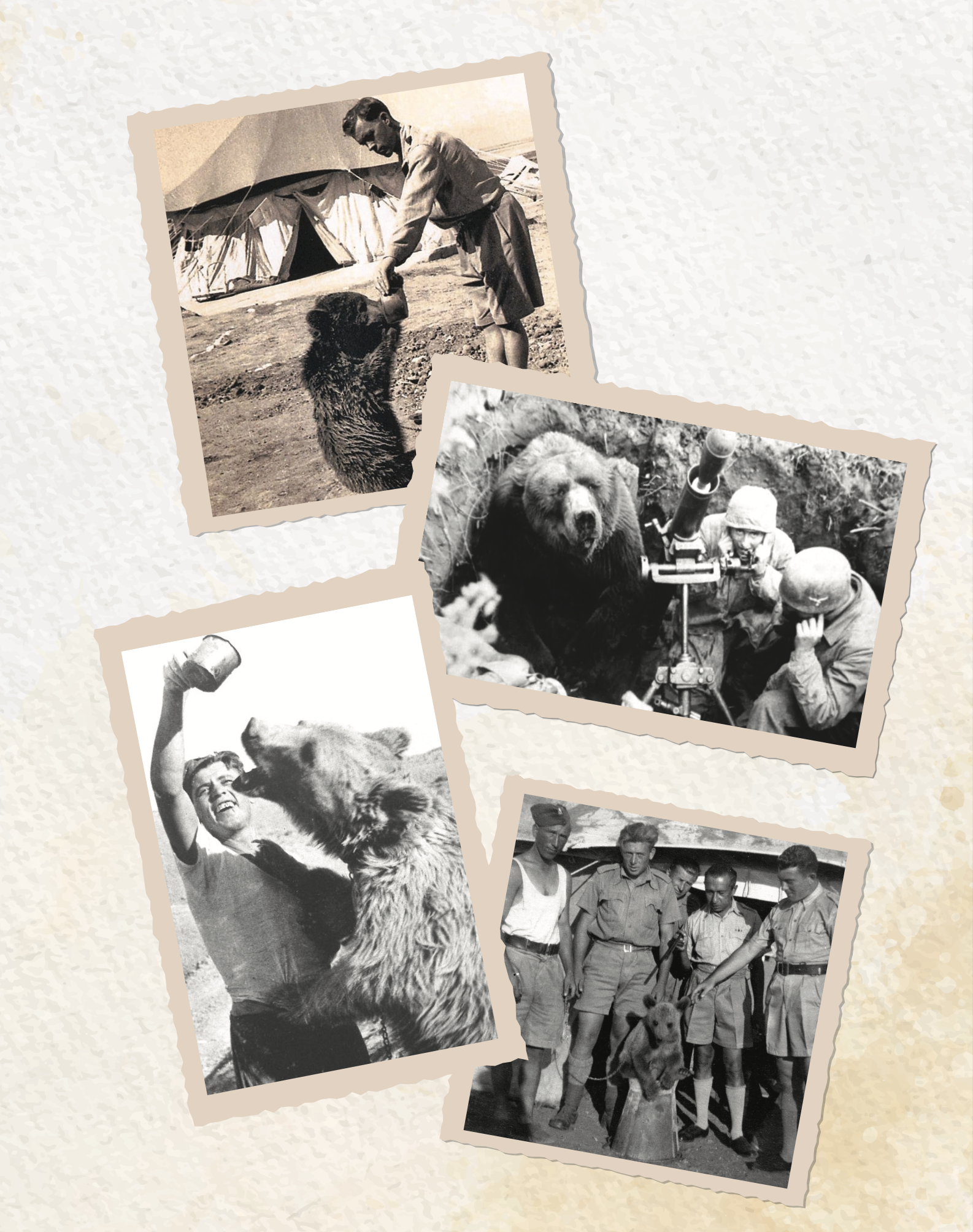
Decades may have passed since Wojtek's journey began, yet his tale endures as a reminder that the unlikeliest of friendships can flourish in times of turmoil. Through his courage, loyalty, and unwavering spirit, Wojtek remains an indelible thread in the rich tapestry of World War II history. As long as his memory lives on, so too does the message of hope and unity that he embodied, a message that will forever resonate with generations to come.
In the end, it was not only the Polish soldiers who found solace and inspiration in Wojtek's presence; it was the world. And so, we honor the memory of this extraordinary Kurdish bear who became a symbol of resilience and camaraderie, forever etched in the annals of time.
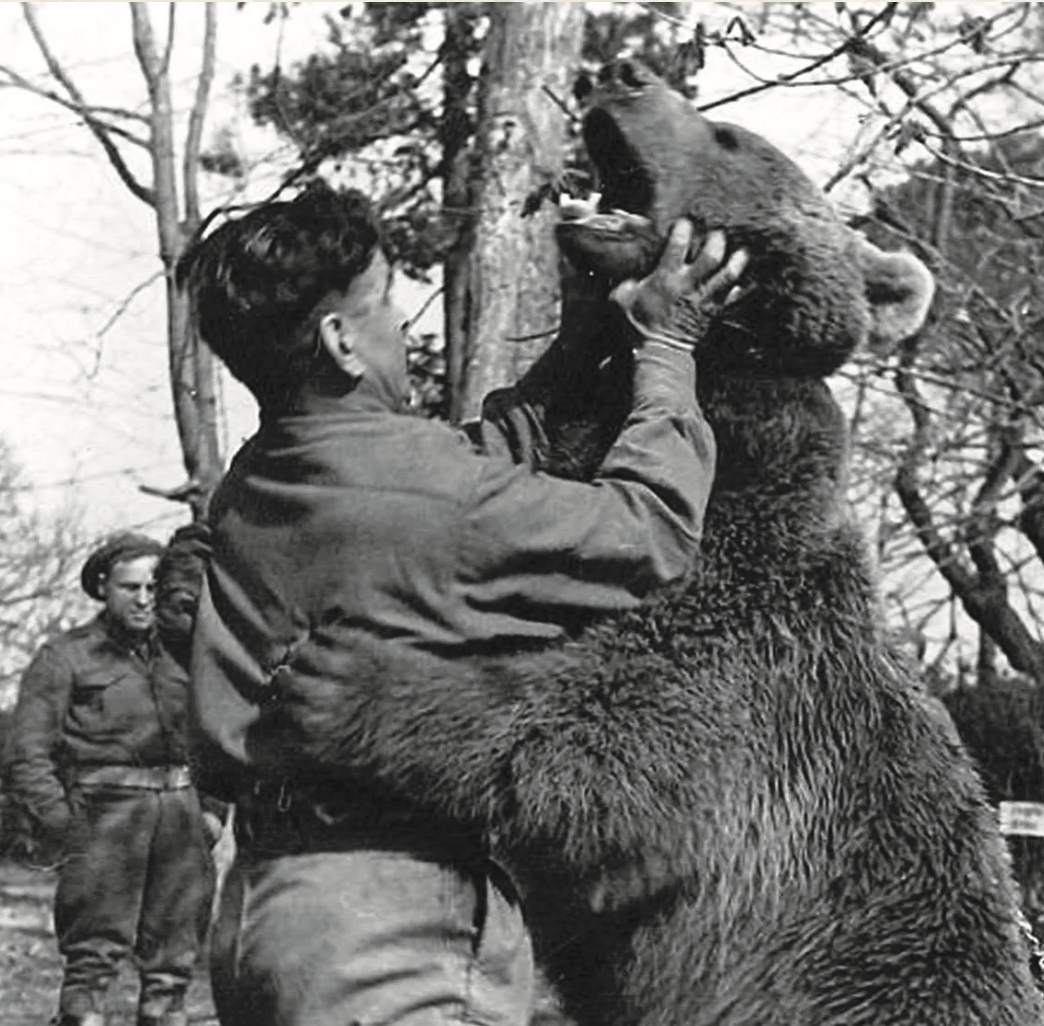
Wojtek's Enduring Legacy:
— Numerous tributes honor the soldier bear, with a plaque gracing the Imperial War Museum in London, a sculpture crafted by David Harding at the Sikorski Museum in London, and a wooden sculpture nestled in Weelsby Woods, Grimsby, UK.
— In 2013, the Kraków city council granted permission for a statue of Wojtek to be erected in Jordan Park, Kraków. On the momentous occasion of the 70th anniversary of the Battle of Monte Cassino on May 18, 2014, the statue was unveiled and served as a poignant symbol of remembrance.
— In 2013, the City of Edinburgh Council also approved the creation of a bronze statue of Wojtek that was skillfully sculpted by Alan Beattie Herriot and situated in West Princes Street Gardens, Edinburgh. Depicting the soldier bear walking alongside a fellow Polish Army soldier, the statue was unveiled in 2015. An accompanying relief tells the tale of Wojtek's remarkable journey from Egypt to Scotland alongside the Polish Army.
— In 2016, a touching tribute was unveiled in Duns, Scottish Borders, where Wojtek had once been stationed at Winfield Camp in 1946, alongside Polish troops. This statue, gifted by the Polish town of Żagań, Duns' twin town, was revealed on April 26, 2016, exactly 72 years after the significant Battle of Monte Cassino, in which Wojtek and Polish forces played a vital role.
— In 2017, Poznań, Poland, bestowed a heartfelt honor by naming a street after Wojtek. Now known as ulica Kaprala Wojtka (Corporal Wojtek Street), this thoroughfare leads to the Poznań New Zoo, a place that holds a special significance for Wojtek's memory.
— September 2018 marked the unveiling of a wooden statue dedicated to Wojtek at the Poznań New Zoo, made possible by the generous funding of Krystyna Wieczorek, the author of a notable Polish book chronicling Wojtek's life.
— Lastly, in May 2019, a majestic marble statue of Wojtek was unveiled in Cassino, Italy, a touching tribute to the profound impact he had on the lives of those who fought alongside him during the war.
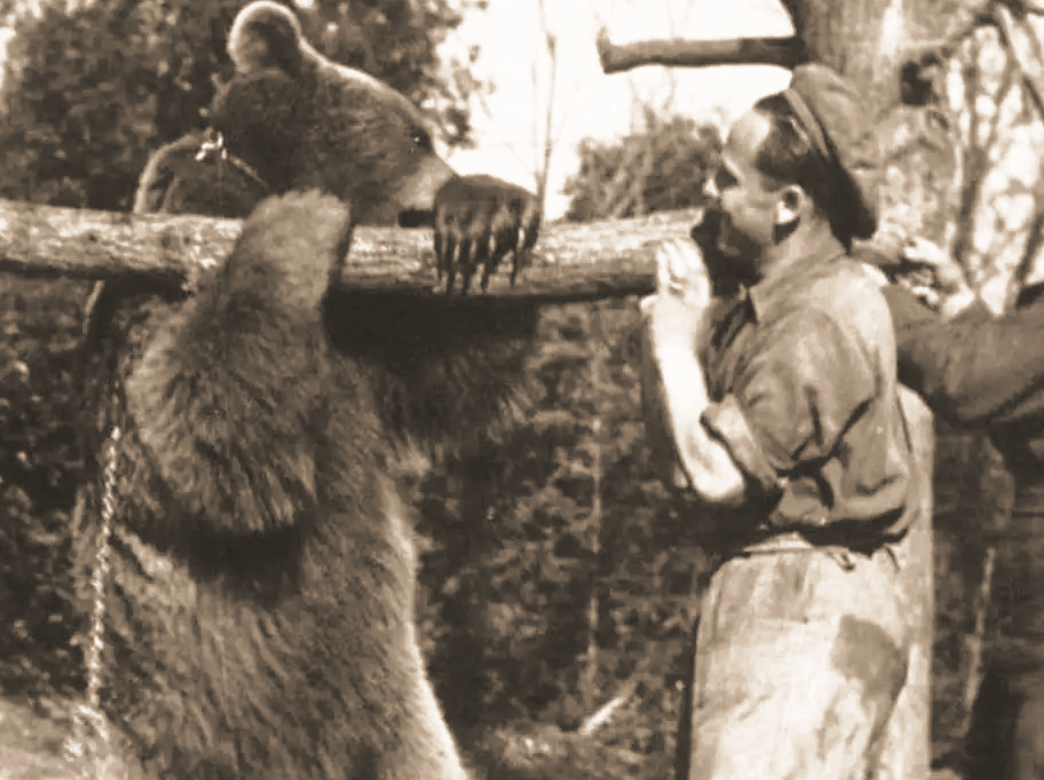
Baker Schwani is a Kurdish writer and translator based in Germany. He has translated several acclaimed novels into Kurdish. Schwani was born in Kirkuk and studied geology in Baghdad before moving to Germany and obtaining a degree in oriental studies at the University of Bonn.
